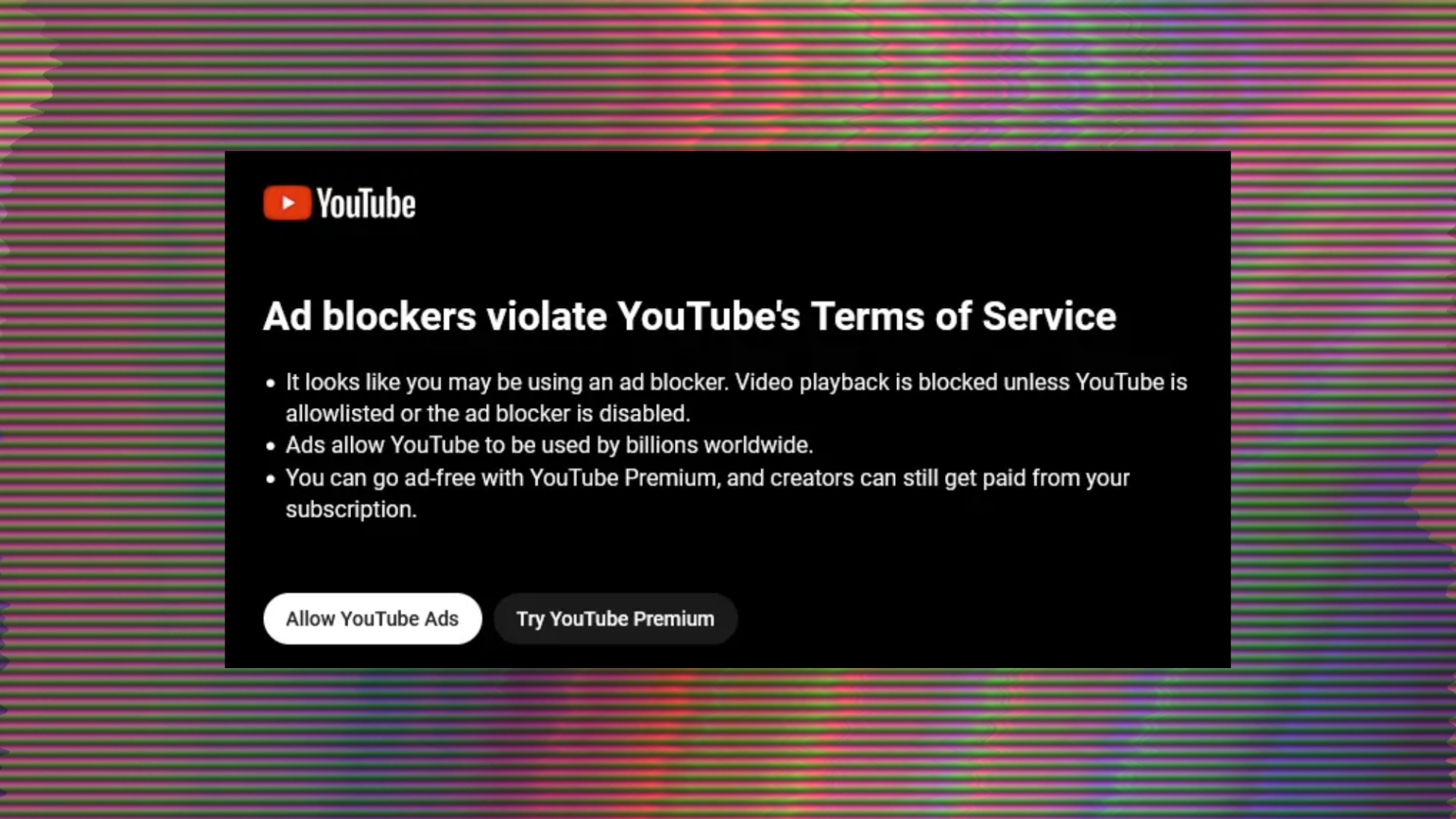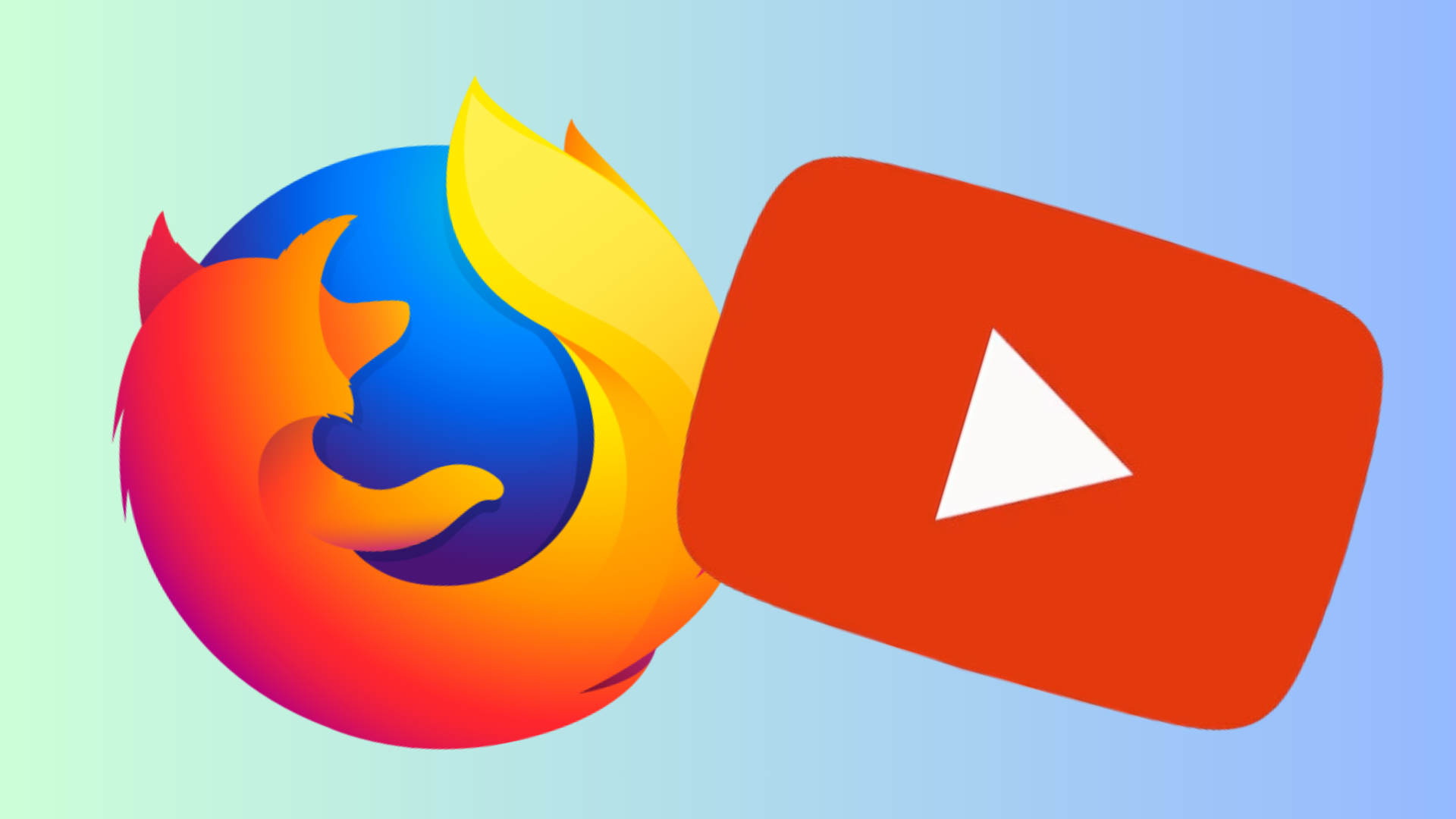Subscribe
Firefox users across the internet say that they are encountering an “artificial” five-second load time when they try to watch YouTube videos that exists on Firefox, but not Chrome. Google, meanwhile, told 404 Media that this is all part of its larger effort against ad blockers, and that it doesn’t have anything to do with Firefox at all.
Optically, this is a potentially a big deal: The US government just wrapped up arguments in a historic and massive antitrust case against Google, and the company has faced a series of other antitrust suits from state attorneys general. It is not a good time for Google to be seen as putting its thumb on the scale against a much smaller competitor.
Here is what this looks like:
This behaviour from Google is beyond disgusting! Artificial wait on YouTube now if you're not using Chrome / Edge.
by u/Rytoxz in firefox
This artificial load time has become one of the top topics of conversation on the YouTube and Firefox subreddits, was at the top of Hacker News, and an article about it by Android Authority skyrocketed to the top of the r/technology subreddit.
The issue, however, is that neither Android Authority nor 404 Media has been able to recreate the problem, though the code that is apparently causing it can be easily found while using Firefox. Mozilla, which makes Firefox, told 404 Media that it does not believe this is a Firefox-specific issue. Enough people have posted about it, however, that it is clearly happening for some users and not others.
In a statement to 404 Media, Google did not provide specifics but also did not deny implementing an artificial wait time. “To support a diverse ecosystem of creators globally and allow billions to access their favorite content on YouTube, we’ve launched an effort to urge viewers with ad blockers enabled to allow ads on YouTube or try YouTube Premium for an ad free experience, the spokesperson said. “Users who have ad blockers installed may experience suboptimal viewing, regardless of the browser they are using.”
Multiple Reddit users and Hacker News users have posted videos that show them trying to load any video on YouTube in Firefox. Most of the page goes completely blank for five seconds, then the video loads. Multiple users have then used a “User-agent switcher,” which is an extension that makes Firefox act as though it’s another browser—in this case, Chrome. The user then loads the YouTube video instantly.

Videos of this issue, as well as user complaints about it, have spread widely on the Firefox and YouTube subreddits, as well as on HackerNews, with many users saying this is happening to them: “This behaviour from Google is beyond disgusting! Artificial wait on YouTube now if you’re not using Chrome / Edge,” one post reads. “Youtube has started to artificially slow down video load times if you use Firefox. Spoofing Chrome magically makes this problem go away,” another user who experienced the issue posted.
The broader context of all of this is that Google and YouTube have been tinkering with YouTube’s adblocker detectors, and have been rolling out changes to how it does this detection regularly and in a staggered fashion. This means some people have had no problem using adblockers on YouTube, while others can’t watch videos at all if they have adblocking enabled. YouTube’s adblocker detectors have also detected some privacy-protecting scripts as being adblockers, when they actually aren’t.
The bigger problem, then, is that Google is losing the benefit of the doubt with the people who use its websites every day. This is something that the uBlockOrigin adblocking team pointed out in one of its many megathreads about YouTube’s war on adblockers. The user experience on YouTube varies wildly from day-to-day and browser to browser.
It is now, seemingly, implementing quality-of-life problems for some users, but it’s difficult to tell how, when, to who, and why these changes are being rolled out on any given day (I didn’t get the wait when I tried both with and without an ad blocker). In this case, the “artificial wait” doesn’t have any associated message that tells users that an adblocker may be the reason they’re getting this delay time. They’re just facing an overall worse experience.
In 2018, Mozilla engineer Chris Peterson accused Google of making YouTube load slower on Firefox and Edge. In 2019, Johnathan Nightingale, a former Mozilla executive, explained that Google regularly pushed updates that made using Firefox worse: “Google Chrome ads started appearing next to Firefox search terms. Gmail & docs starts to experience selective performance issues and bugs on Firefox,” he tweeted.
Last week, Google announced that in June 2024, Chrome will no longer run browser extensions that use Manifest Version 2 (the Chrome extension platform) and would only run extensions on Manifest V3, which limits how adblockers work. This means that current blockers like uBlock Origin will no longer work when Google makes the switch.



